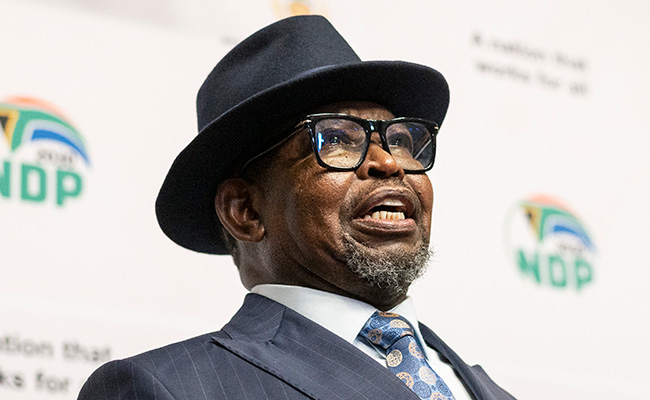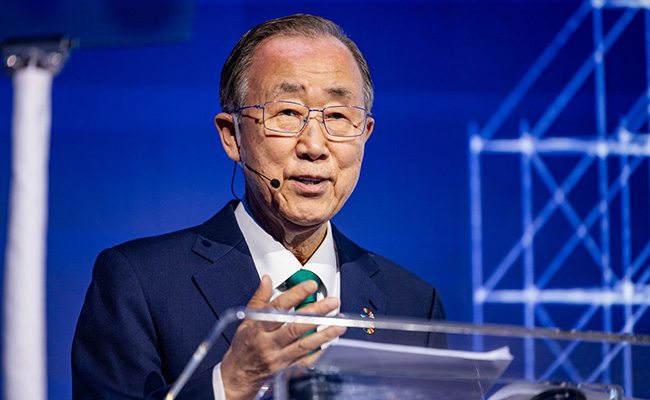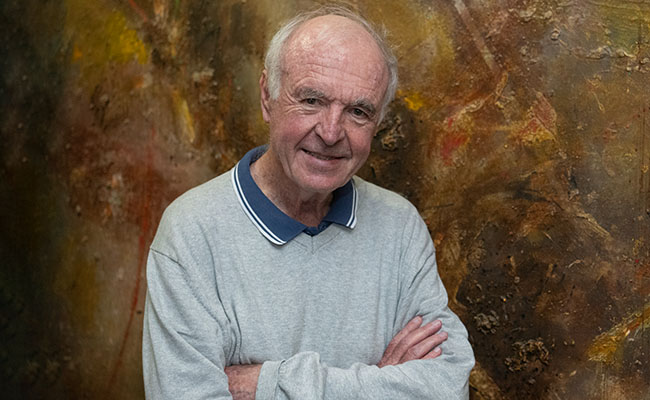Sad but pragmatic is the verdict of industry players on the decision by Barrick to capitulate to the expansive demands of Mali’s military government – demands that could significantly boost the government’s stake in the Loulo-Gounkoto mines and cost the world’s second-largest gold producer hundreds of millions of dollars.
On Monday, the Canadian miner announced it had reached a largely unspecified settlement with the Malian government that will end their long-running dispute, just two months after Mark Bristow stepped down as CEO.
The deal will allow it to reclaim the Loulo-Gounkoto mines – one of its most productive assets – guarantee the release of detained workers, and “pave the way for a constructive path forward”.
“All charges brought against Barrick, its affiliates and employees will be dropped and the legal steps for the release of the four detained Barrick employees will be undertaken,” the company said.
Barrick’s interim chief executive, Mark Hill, who was appointed after Bristow’s sudden departure, vowed two weeks ago to reset talks with the state in order to secure the release of its employees.
Aggressive
Barrick and several other gold miners have been in dispute with the government since the introduction of a new mining code in 2023. The code allowed the state much larger equity stakes, a bigger share of revenue, and more opportunities to renegotiate legacy deals which it claimed had been signed on unfair terms.
The government has been aggressive in enforcing the code. It’s seized gold bars from mines, blocked exports, placed mines under provisional state administration and detained foreign executives. In January, officials seized about three metric tonnes of gold worth around $245m at gunpoint, carting off the last tonne in a military helicopter in July.
Reading between the lines, mining experts surmise that Bristow’s approach was to hold the line, on the basis that capitulating would encourage further corporate intimidation by governments seeking to take advantage of commodity-price upswings, and would undermine the inviolability of contractual agreements.
The argument of the Barrick board would likely have been the opposite: to comply with sudden rule changes as a matter of pragmatic strategy in order to preserve at least some portion of its existing assets.
Bristow’s position was somewhat undermined by the fact that many of the other gold miners in Mali had already succumbed to the government’s new rules. The market certainly approved of Barrick’s decision to capitulate, pushing the share price up 8.5% in Toronto on Monday.
A pragmatic call
As it happens, the gold price is currently so high that even if the Malian government doubles its stake at no cost – and even if the three tonnes of gold are never returned – the mine will still run at a healthy profit. The company does not break out production by mine, but it is widely assumed to be around 578,000 ounces per year at Loulo-Gounkoto. Normally that would generate about $1.4bn in annual revenue, with earnings before interest, tax, depreciation and amortisation of about $500m-$600m.
But these figures were calculated at a gold price of about $2,400 an ounce, before its spectacular rally. What Barrick is now missing out on could easily be about $1bn in profit a year. Hence the desire to cut a deal with the Malian government, even with demands for $300m-$500m in back taxes.
For the Malian government, settling the dispute is also a short-term win. It already owns 20% of the project, and the country’s entire mining sector normally pays about $1bn in taxes, royalties and investment income each year. Gold production is down about 27% this year, which must hurt, as gold accounts for roughly 80% of the country’s exports.
Industry veteran and chair of the Joburg Indaba Bernard Swanepoel says Barrick’s decision is “a bad thing which is also pragmatic”.
“I’m not a fan of what happened but I understand why it did.”
Undermining the future
The problem is that the perception of mining in Africa is once again going to take a hit. Foreign mining investment in Mali – and perhaps the Sahel more broadly – could suffer, with more risk for investors and potentially higher costs of capital. For Mali, while it may secure higher state revenues, the drop in production (and potential exit of capital) could undermine the sector’s long-term viability.
When Barrick chair John Thornton and Bristow sealed the merger of Barrick Gold and Randgold Resources in 2018, it was seen as a very smart deal and welcomed by the market. Bristow was regarded as someone who understood African mining. But relations between the two men deteriorated over time, particularly after a series of missteps.
The Mali disaster was part of the problem – but not the whole of it – and after activist investor Elliott recently took a stake in the company, speculation has grown that Barrick could be split again into a “safe” business and a “risky” business.
“It’s a bit like when you bring your kids into a second marriage and at first everything is hunky-dory. But if one of the kids turns into a nightmare, then all of a sudden it’s your kid,” Swanepoel jokes.
Barrick declined to comment.
Top image: Rawpixel/Currency collage.
Sign up to Currency’s weekly newsletters to receive your own bulletin of weekday news and weekend treats. Register here.













